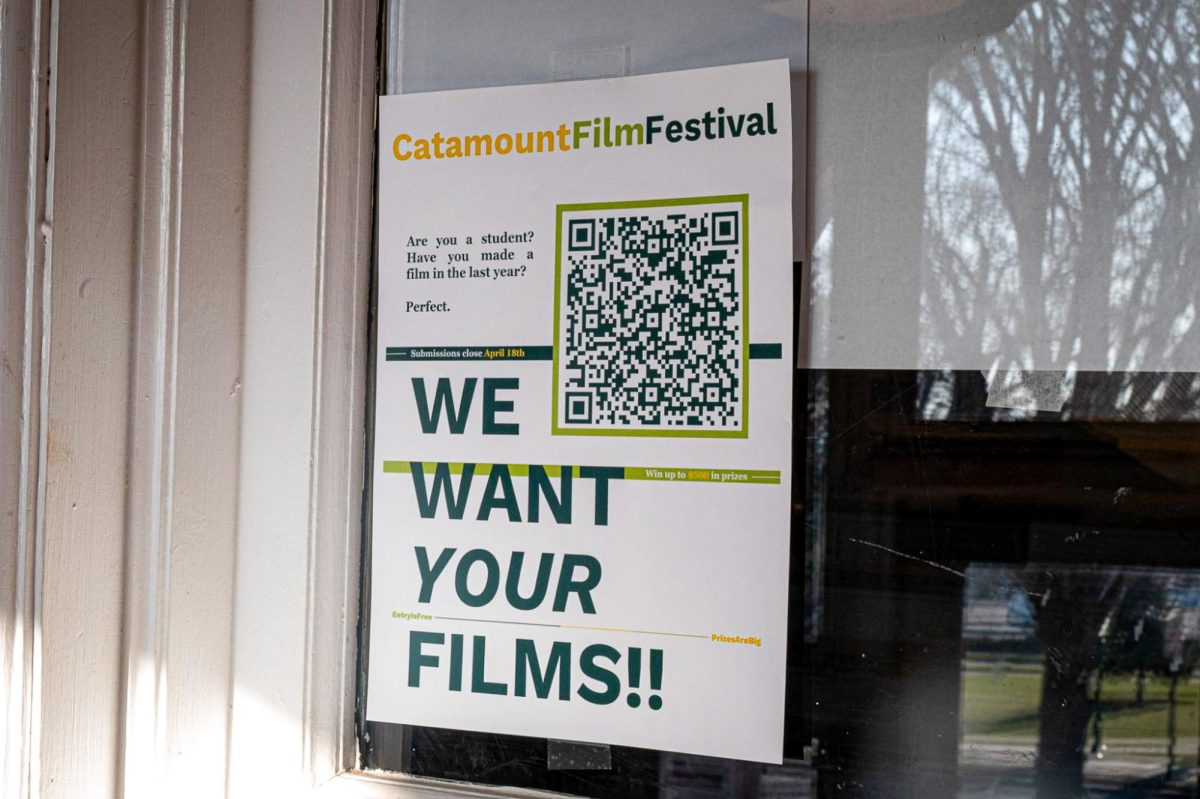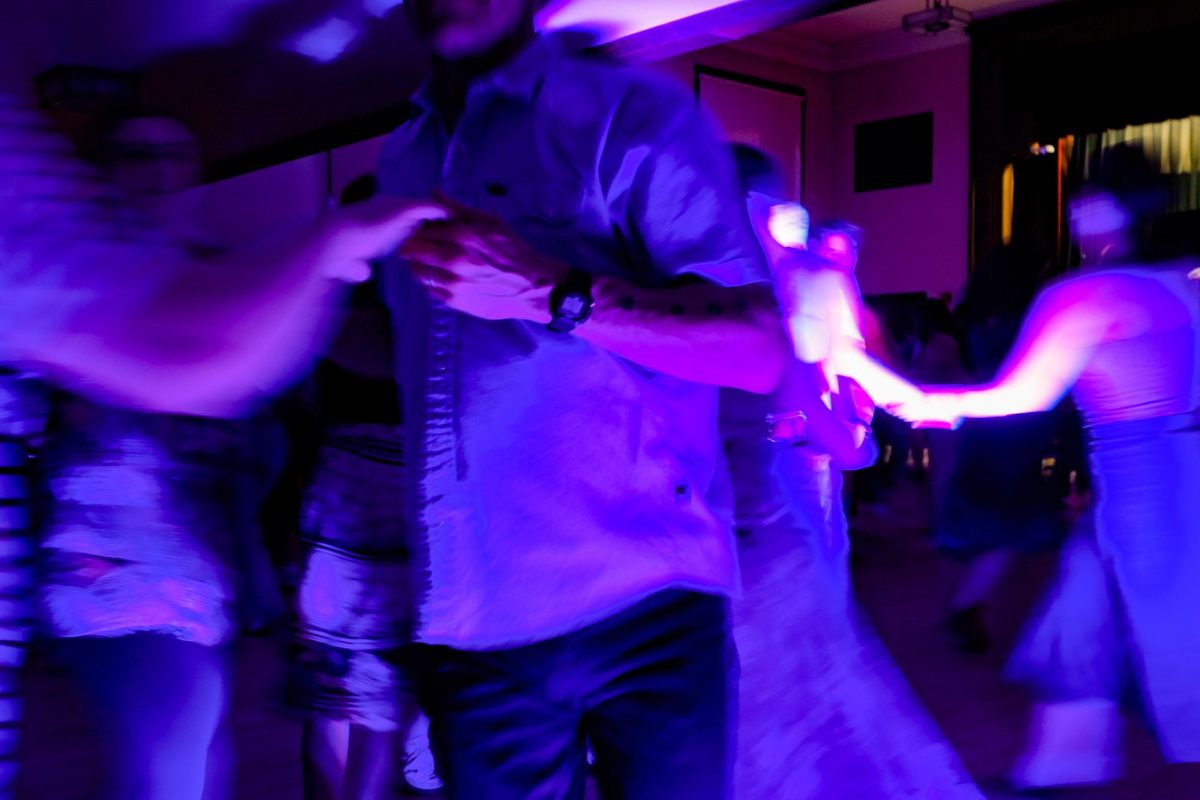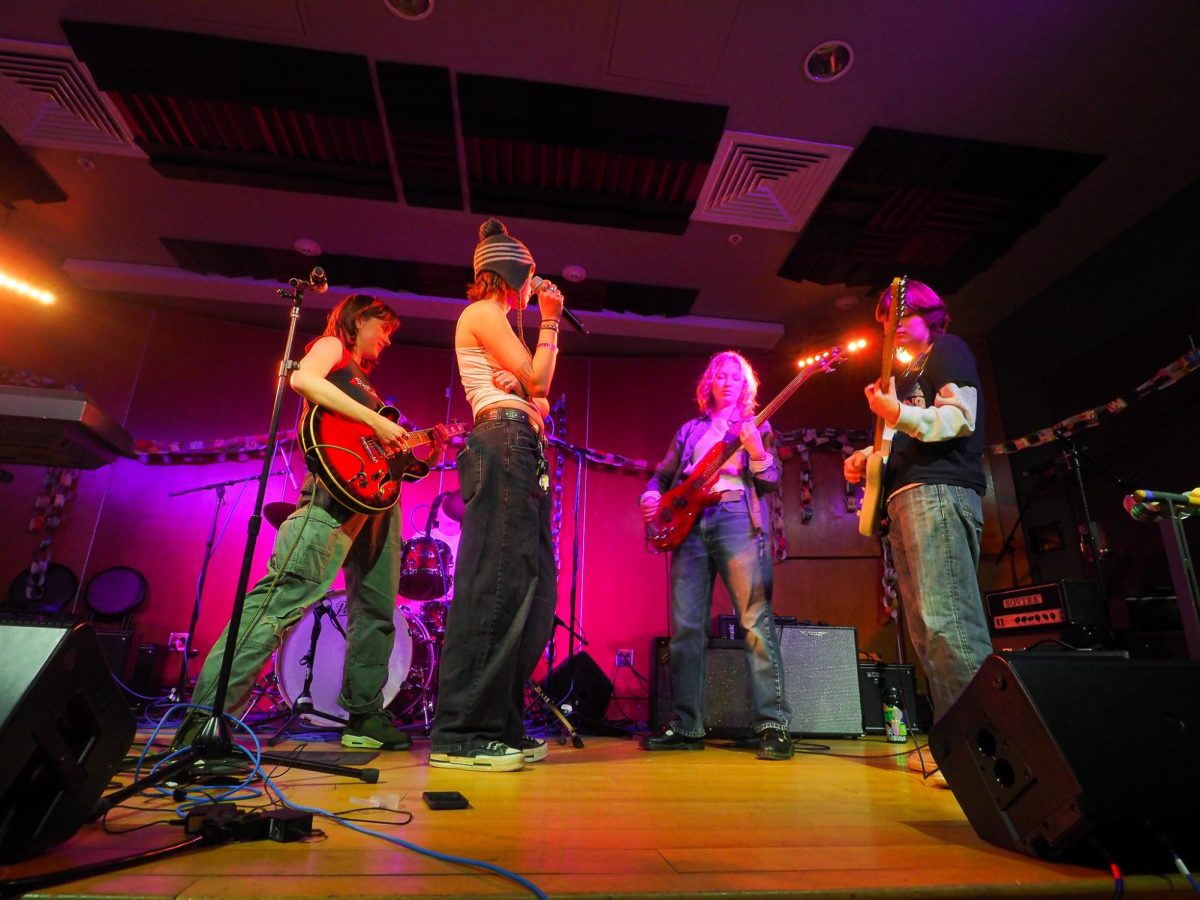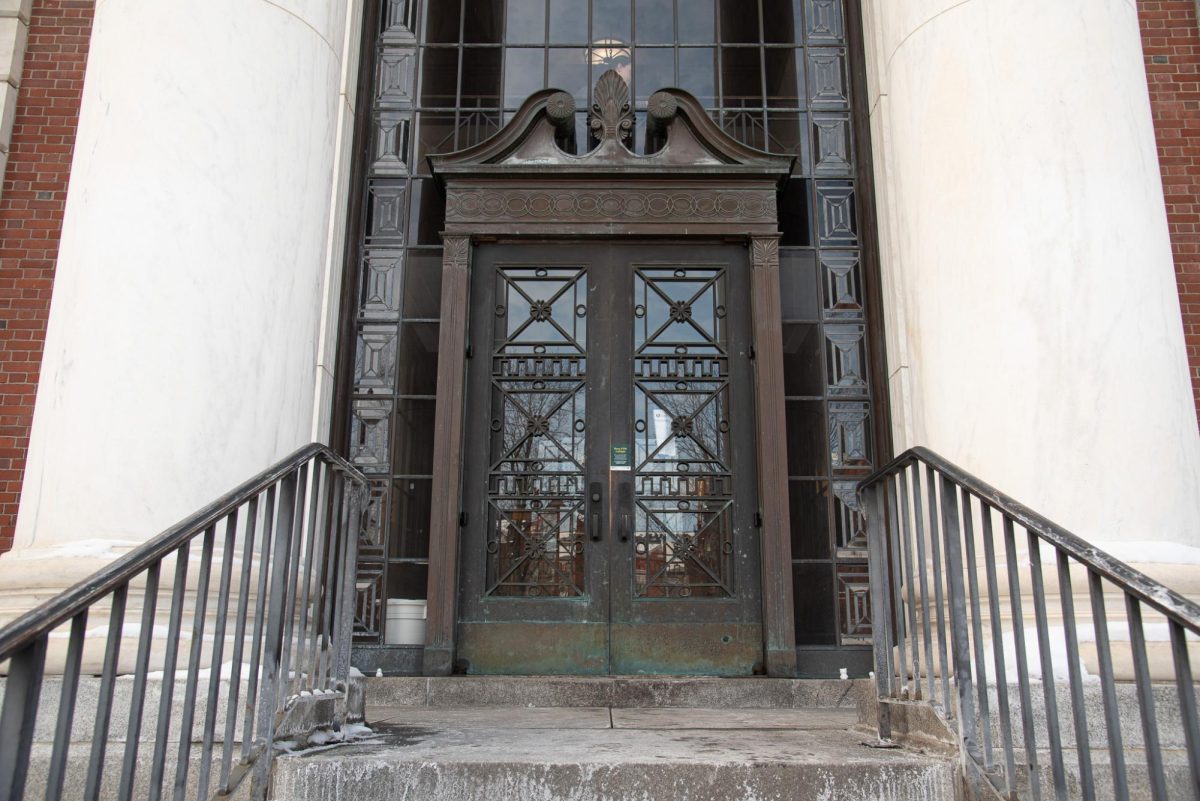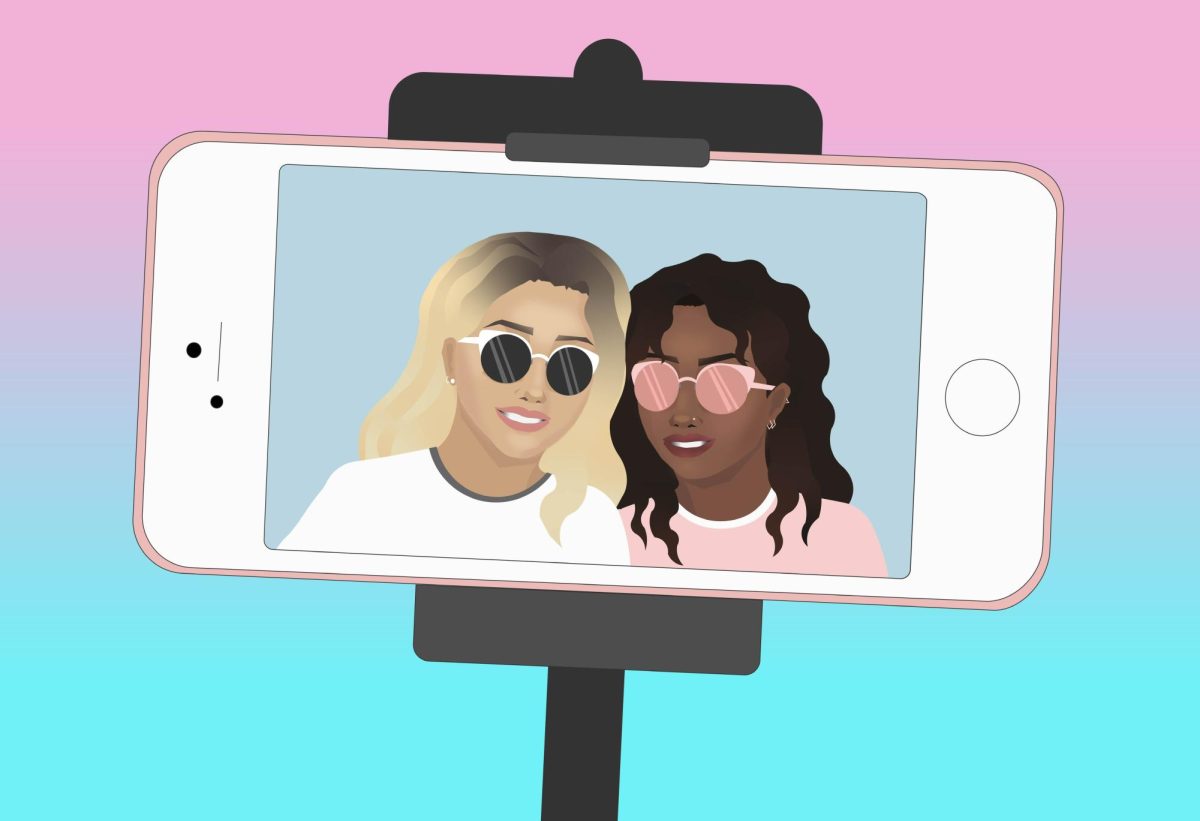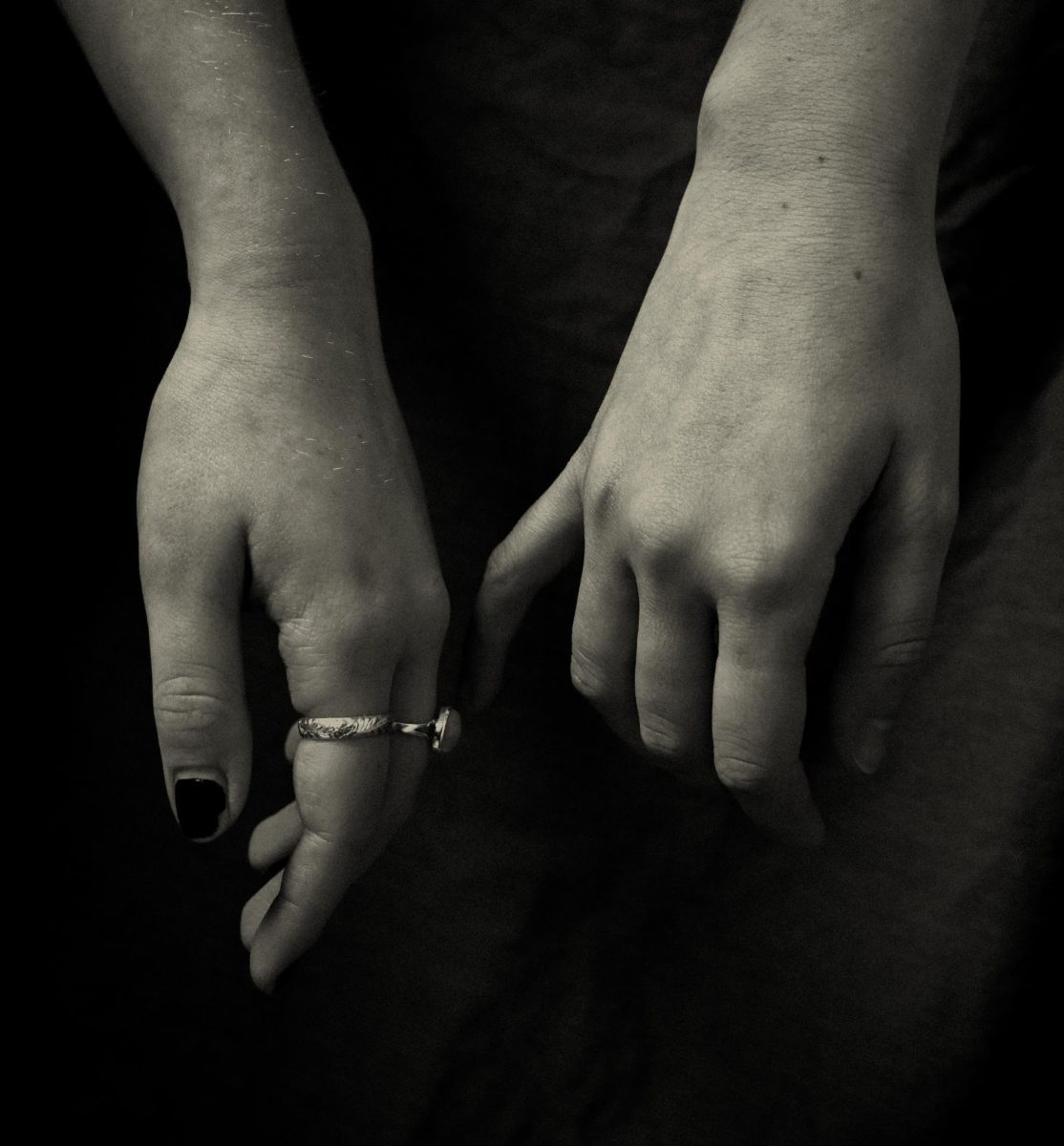?
With the emergence of Facebook, Twitter and Google Maps, the ways news spreads, friends keep in touch, and crimes occur have greatly evolved.
Plymouth State University Police Department Investigator Jennifer Frank’s presentation, “Wish I Hadn’t Posted That: How Facebook Affects Your Present and Your Future” explored several different social media sites and how they affect college students; it was held in the Aiken Center on Feb. 24.
Canvassing a neighbourhood used to be more complicated, especially in smaller communities where people were more prone to noticing unfamiliar faces hanging around.
“It used to be that if a white van was hanging around, people called the police,” Frank said.
With the ability to access a street view on Google Maps, houses become much easier targets for burglars.
“Today all you have to do to case a potential burglary hit is type the address into Google Maps,” Frank said.
A pertinent example of the dangers for a college student would be posting pictures of his or her first apartment on Facebook.
Frank pointed out how these pictures may make burglary easier from the perspective of a burglar.
“Now I know where you live, and you’ve probably posted on Facebook when you’re going home,” she said. “I’m trying to decide, when I come to burglarize, should I bring the pickup truck or a smaller car?
“I see a big screen TV – I’m going to need the pickup truck,” Frank said.
Frank proceeded to explain other potential oversights.
“Think you have your Facebook on lockdown? What about all the people you’re friends with who you’ve never met? And what about hacking?” Frank said.
Facebook users may think this only ever happens to celebrities, she said.
“If Mark Zuckerberg, creator of Facebook, can be hacked, think about how easy it would be for a potential stalker or identity thief to hack into your profile,” she said.
Students, however, are unfazed. It seems that students find the most worrying aspect of Facebook to be the problem of privacy.
“It’s kind of sketchy that people can look at all your stuff – photos, profile, wall posts and all that, without you even knowing,” sophomore Trevor Ogden said.
Sophomore David Travis agreed.
“The location tracking is the scariest thing for me. People shouldn’t be able to see where you are at all times. It’s just really weird; it feels like you can’t keep anything to yourself,” Travis said.
As another student pointed out, Facebook has made life much easier by helping students stay in touch with friends and family who may not be nearby.
“I have friends and family that are all over the world,” sophomore Andrew McCue said. “Facebook makes keeping in touch with them and including them in my life a lot easier.”
In order to remain safe, Frank suggests avoiding saying anything online that you wouldn’t say to someone’s face and being careful about how much information you make available online.
She also recommends not accepting friend requests from people you may not know personally, and remembering that posting online is like getting a tattoo – it is permanent.


